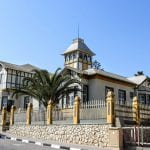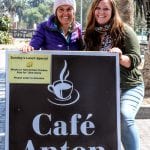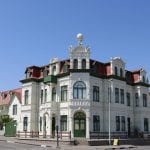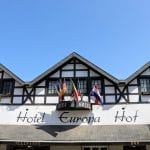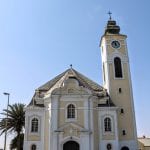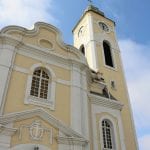Moin!
Mein Projekt begann mit der Idee, dass wir mit einer deutschen Stiftung/NGO für öffentliches Gesundheitswesen arbeiten sollten. Ich habe sehr viele Organisationen gefunden, dann habe ich jeder viele Emails geschrieben. Unten gibt eine E-Mail auf Deutsch und eine auf Englisch, die ich ihnen geschickt habe. Wir wollten sie nicht belasten; deshalb haben wir sie nach Themen und Projekten gefragt, wobei wir ihnen behilflich sein könnten. Wir haben Emails an Organisationen wie Ombili, DeNaPa, Sodi, Interplast Germany, und andere geschrieben, aber wir haben nur einmal von Ombili gehört. Später haben wir auch Ombili besucht!
My name is Kimberly Parsons. Currently, I am an undergraduate student at Pacific University in Oregon in the United States. I am looking for an internship opportunity with a German NGO in Namibia for two weeks in early August, to gain direct experience in global health and contribute my skills to a project that would be meaningful to local communities. [ADD IN A SENTENCE LIKE “I am interested in the work of ‘XYZname of organization’ because of your commitment to LMNOP”.] I have focused my studies on both German and Public Health. My purpose of majoring in these two areas is to eventually become an infectious disease specialist and work with the World Health Organization.
I have training in health needs assessment, program development, and evaluation. If you had a project that could use any of these skills, I would love to contribute to it. Ideally, I would gather data while in Namibia and develop a program or evaluation based on that information in the following months when I return to the United States. The project would serve as my senior thesis, but I would design it directly around any priority or current project that you determine is most important for the needs of the community. Both of my major professors in German and Public Health are also available to accompany me to provide support to the project.
If there is an opportunity to volunteer with your organization, please let me know if there is an associated program fee. I am happy to answer any questions you might have and hope to have the chance to work with you next summer.
Sehr geehrte Damen und Herren,
Mein Name ist Kimberly Parsons. Ich studiere Deutsch und öffentliches Gesundheitswesen auf der Pacific Universität in Oregon in den USA. Ich suche ein kurzfristiges Praktikum in Namibia in August 2018 mit einer deutschen Organisation um bei einem örtlich zweckdienlichen Projekt mitzuhelfen, und auf praktische Erfahrung in Weltgesundheit zu sammeln. (Why you)
Im Moment bin ich im dritten Studienjahr und plane gerade mein Abschlussprojekt. Mein berufliches Ziel ist, eine Infektionskrankheiten-Spezialistin zu werden und für die Weltgesundheitsorganisation zu arbeiten. Ich habe Bildung in Gesundheitsbedarfsanalyse, Programmentwicklung, und Bewertung. Hätten Sie ein dazu passendes Projekt würde ich gerne teilnehmen. Dieses Projekt würde auch mein Abschlussprojekt sein. Am besten würde ich Dateien in Namibia sammeln und daraus ein Probeprojekt oder Analyse in den folgenden Monaten an meiner Universität bauen. Ich möchte mein Abschlussprojekt um örtlich Prioritäten oder ein aktuelles Projekt der Organisation. Meine beiden Supervisor , eine aus dem Bereich des öffentlichen Gesundheitswesens und meine Deutsch-Professorin, könnten mich dabei begleiten und das Projekt unterstützen.
Wenn es die Gelegenheit mit Ihrer Organisation mitzuteilen gibt, und Sollte es eine Gebühr für die Teilnahme an diesem Projekt in Namibia geben, geben Sie mir bitte Bescheid..
Ich würde mich freuen, mit Ihnen im August 2018 zu arbeiten. Sollten Sie noch weitere Fragen haben, können Sie mich diesbezüglich jederzeit kontaktieren.

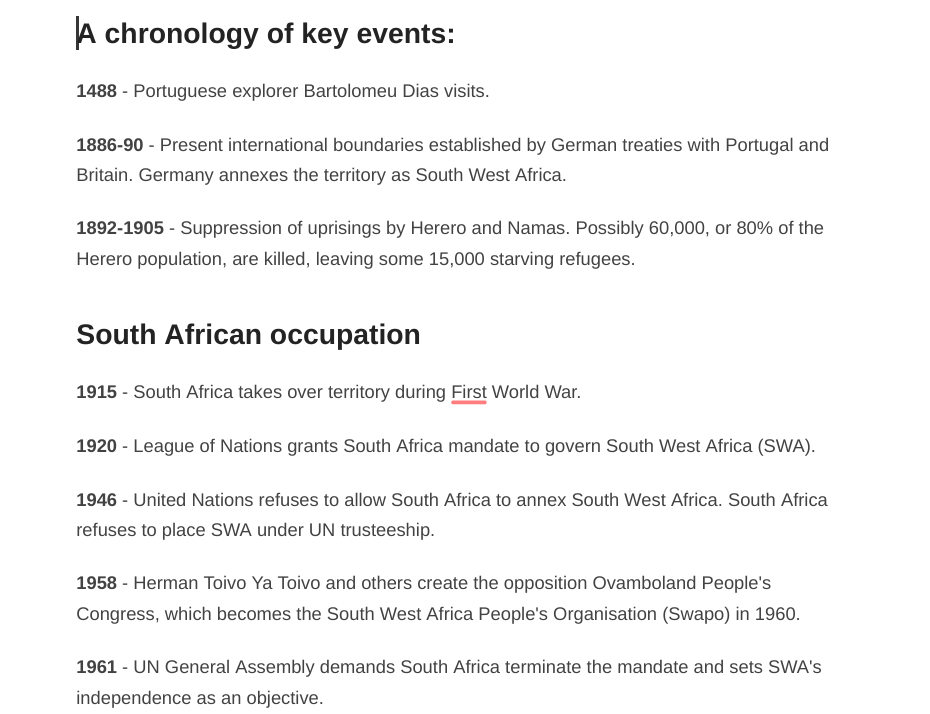
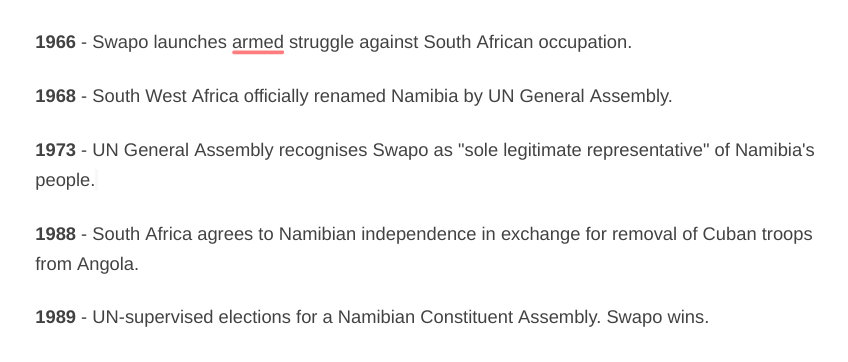
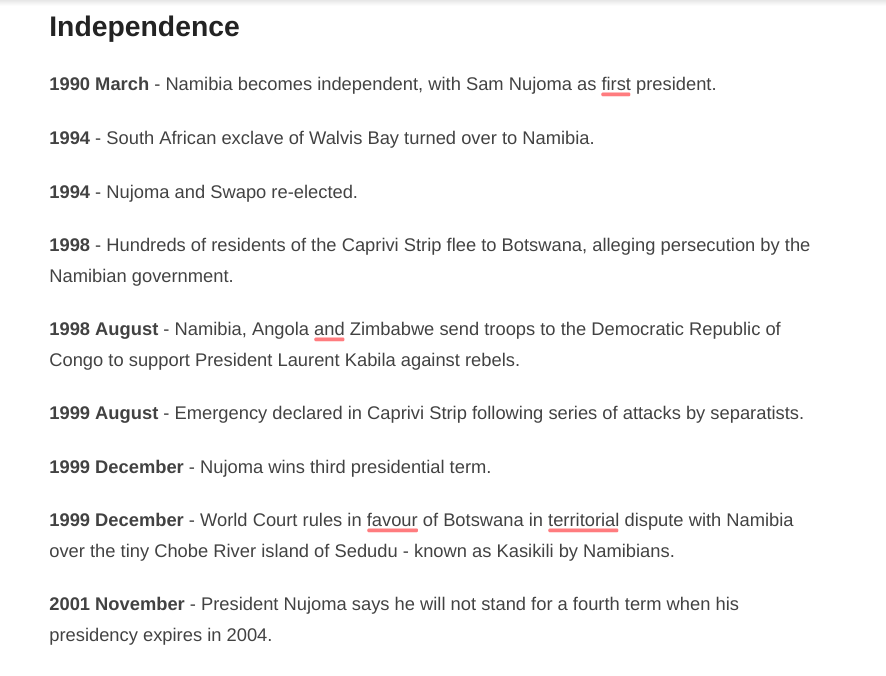
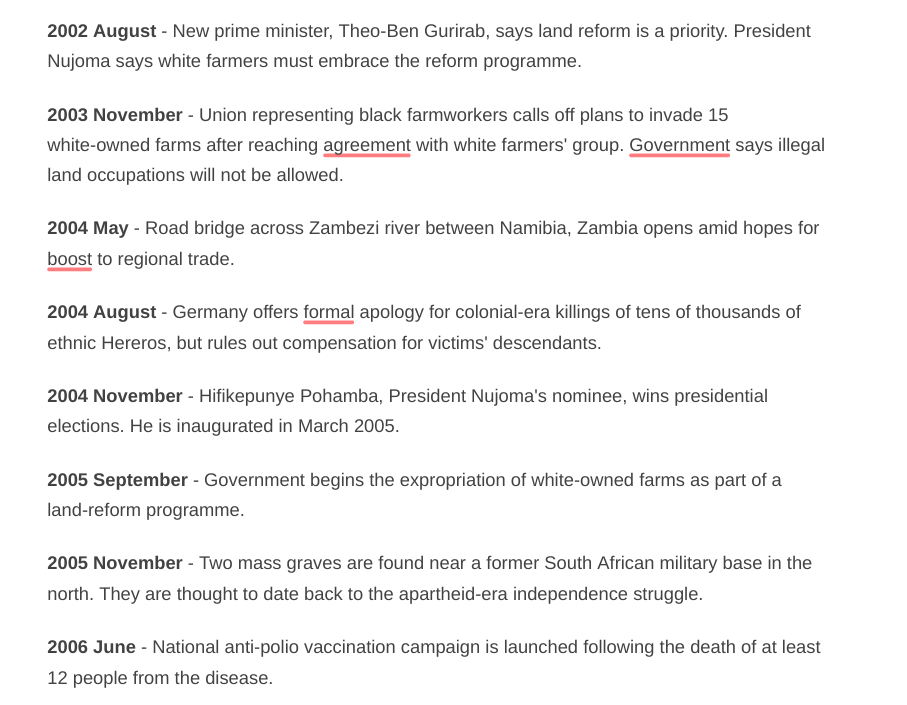
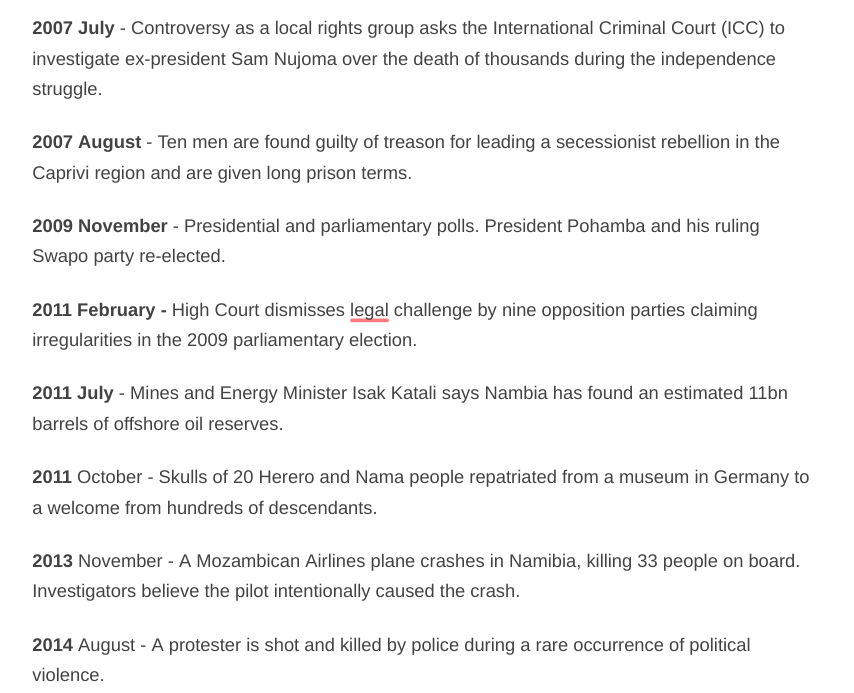
 “Namibia Profile – Timeline.” BBC News, BBC, 8 May 2018, www.bbc.com/news/world-africa-13891138.
“Namibia Profile – Timeline.” BBC News, BBC, 8 May 2018, www.bbc.com/news/world-africa-13891138.